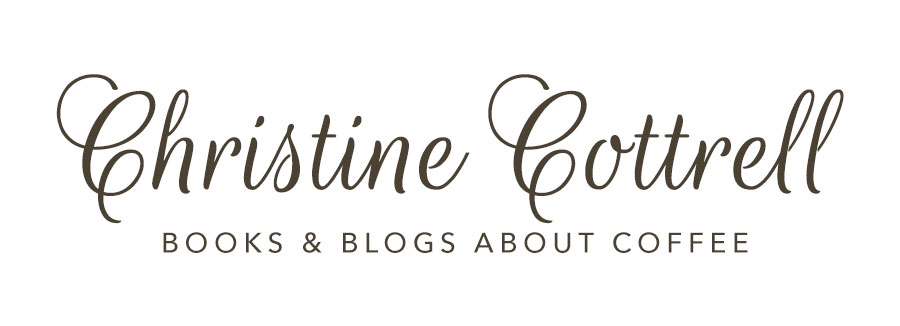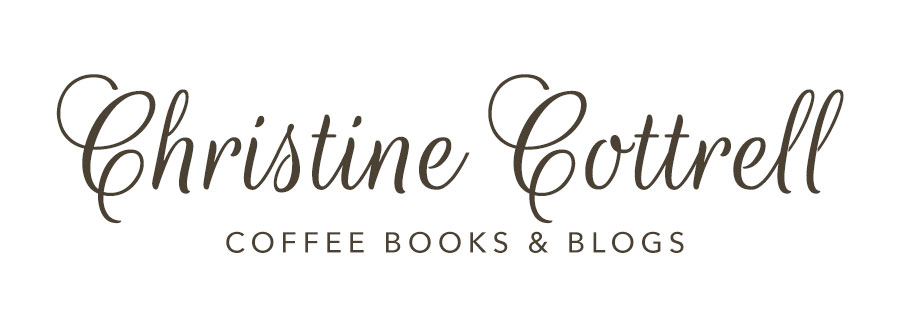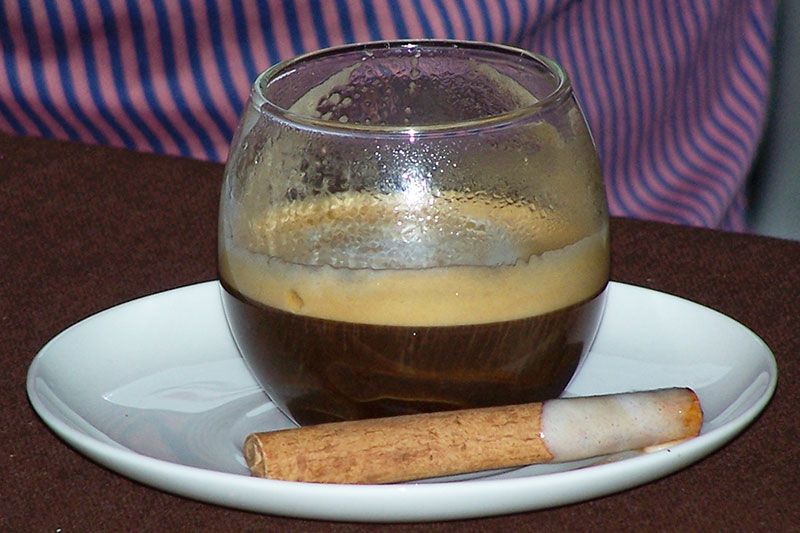
The inaugural Become a Barista competition for Australian school students kicked off with participants from 7 schools. All performed exceptionally well, considering their limited experience with coffee. Having said that, they’re encouraged to be inspired by Matt Perger, who’d only been making coffee for 2 years when he won the Australian Barista Championship at 21 years of age. He then went on to be placed 3rd in the 2011 World Barista Championship where over 50 countries competed.
The winner of the 2011 Become A Barista was Jacqui Robinson from Kedron State High School. For her signature beverage, she infused her espresso with pear, cinnamon and lavender. It was served in a martini glass with skewered pear balls dusted in cinnamon sugar. According to the judges, she also made the best espresso of the day and an excellent cappuccino. Judges said that Jacqui’s superior technical skills also helped to put her ahead of the rest.
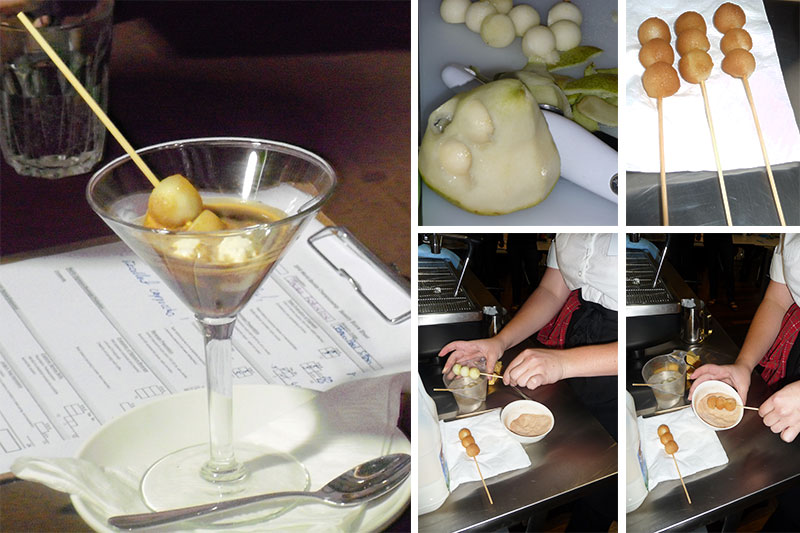
The runner up was Mia Lee Sye from Ipswich Girls Grammar School whose signature drink was an espresso with granita for which the judges scored her highly. We congratulate all the participants who would have learnt a lot from the experience. We trust it was a fun learning experience for all involved and something we aim to have as an annual event. Here’s a snapshot of what went on during the day.
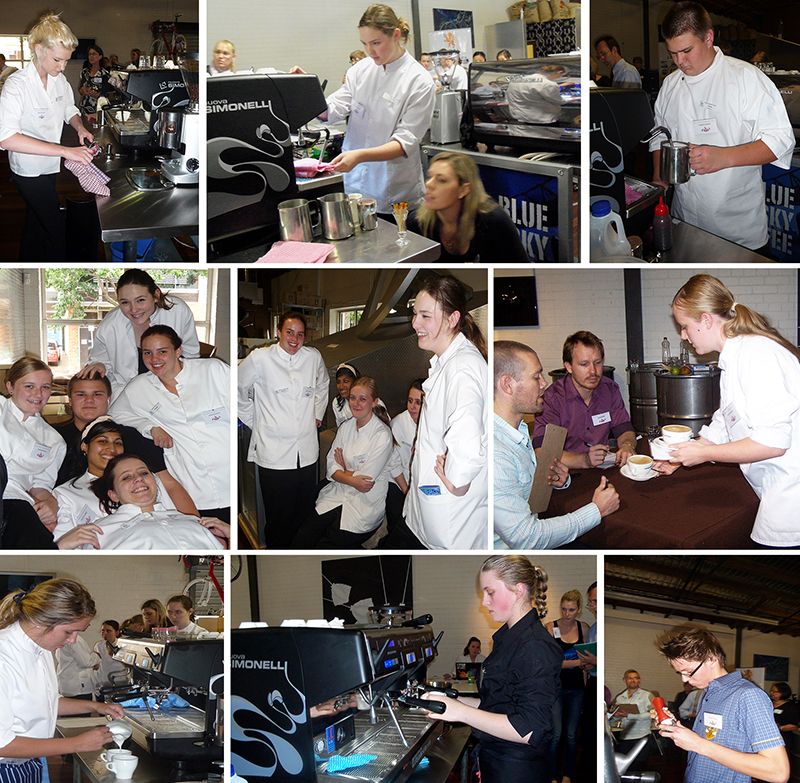
The teacher association, Chefs of the Future, had asked us at Coffee Education Network to organise a competition to complement their existing cookery competition for high school students. We hope the barista competition we’ve organised does as well as the cookery competition, which has become an international event, supported by the Culinary Federation of Australia.
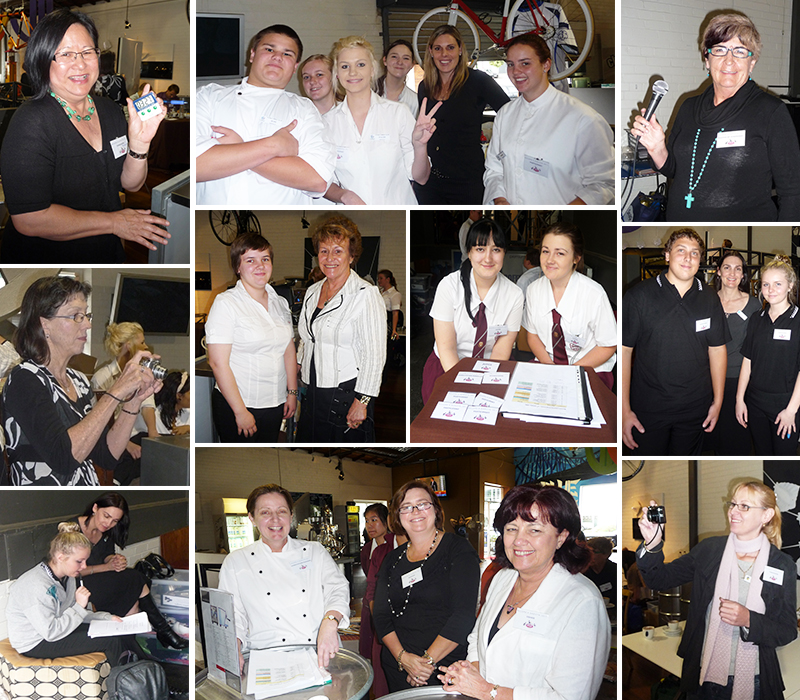
Paul and I kept the competition format and scoring of the school event as close as possible to that of the World Barista Championships, the global benchmark for barista standards and competition. We tweaked the scoresheets a little, taking the limited experience of the participants into consideration – to place a little more weight on technical than sensory scores.
We also scaled back the number of beverages and the timeframe a little. Participants had to produce 2 espressos, 2 cappuccinos and 2 signature beverages (6 beverages in 10 minutes), whereas in the WBC they make 4 of each beverage (12 beverages in 15 minutes).
Coffee industry professionals volunteered their time as judges. Participants are judged on the technical aspects of their coffee making performances as well as the sensory quality of their beverages.
Lessons learnt are that there needs to be more improvement on foaming and pouring milk. And while many of the signature beverages presented very well, there needs to be more focus on the coffee taste with far less milk and cream. Espressos were generally quite good and consistent, which isn’t surprising as we did not expect the students to set the grinders themselves. As the competition matures, we hope they will.
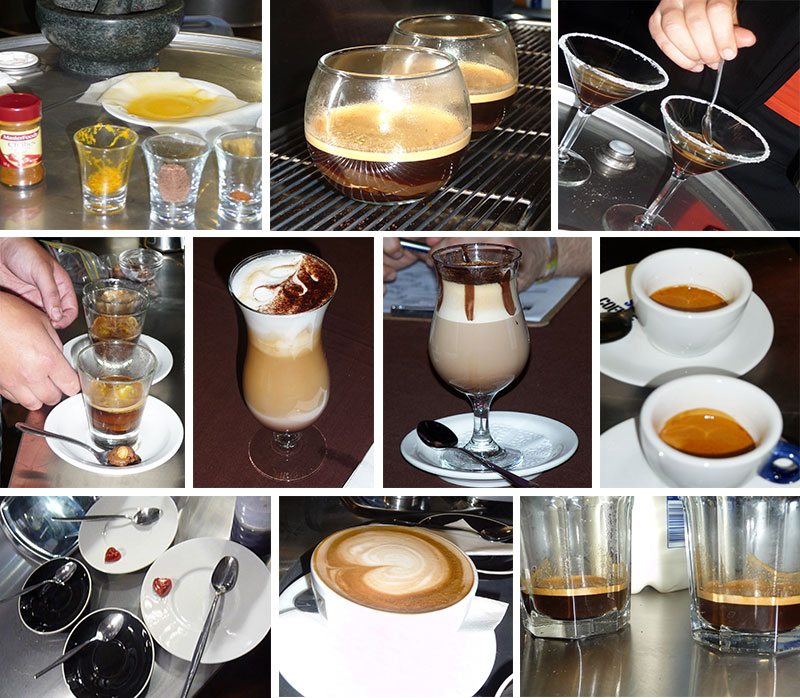
We were honoured to have Jean-Paul Sutton (the current Queensland Barista Champion) and Andrew Dickson (master roaster), both from Veneziano Coffee, to judge the competition. Also Paul Holiday from Coffee Education Network as head judge.
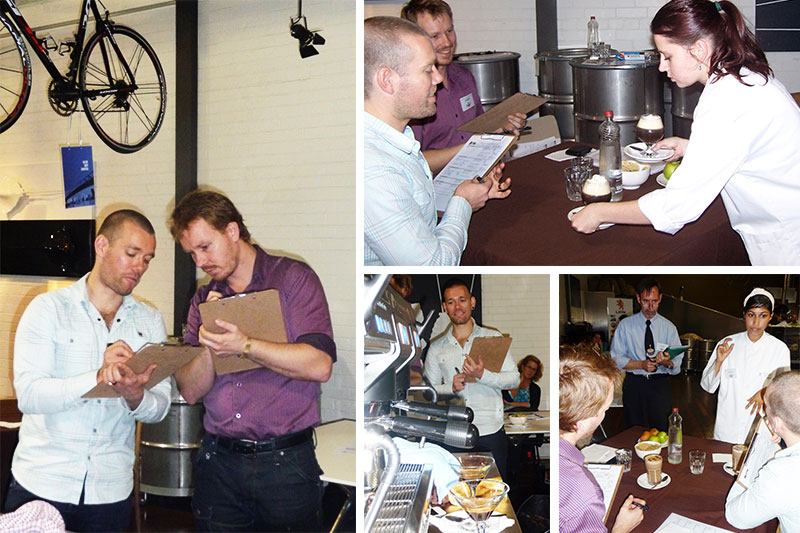
Everyone involved did a fabulous job in supporting the event. We thank Paul and Tanya Licina at Blue Sky Coffee for hosting the event in their roastery and sponsoring the beans, Alex Milosevic their roaster for helping in a myriad of ways, to Geoff Michelmore of Espresso Mechanics for generously setting up the workstations with the Nuova Simonelli machines used in the Australian championships. Dairy Farmers sponsored the milk. For prizes, Brent Deller at BaristaTools donated a pack of espresso accessories and Coffee Education Network donated Barista Bibles for winners and barista guides for all participants.
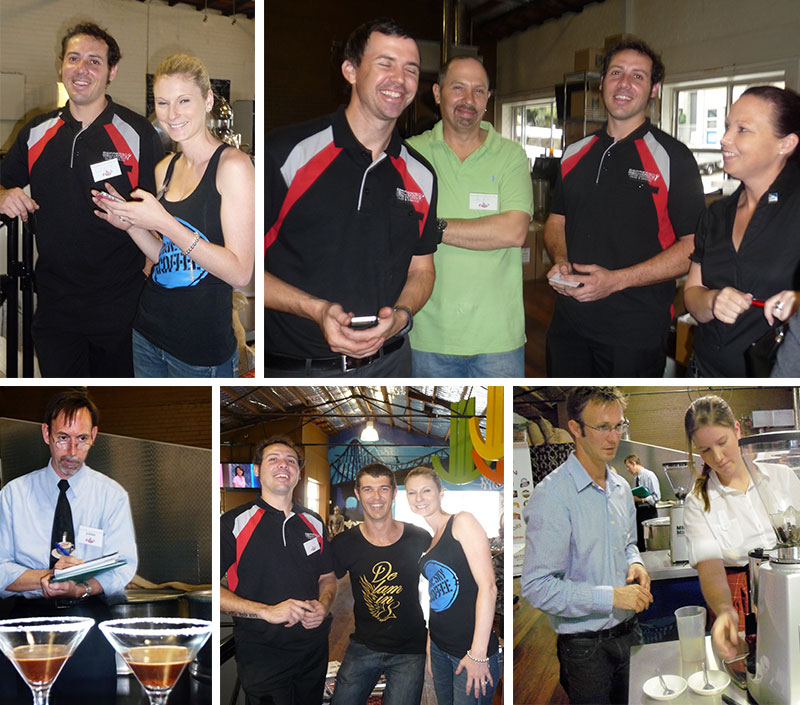
Finally, congratulations to the teachers who trained the students and got them to the event with all the bits and pieces they needed for their performances. And a big thank you to the extra students who came to do various jobs – as ‘meeters and greeters’, runners and cleaners throughout the day.
The intention is to eventually launch this competition throughout Australia to support high school students who may choose a career as a barista – using the international standards set by the World Barista Championships.
I’m keen to hear from any teacher or coffee company who’d like to be involved in knowing more about this competition in future years.
